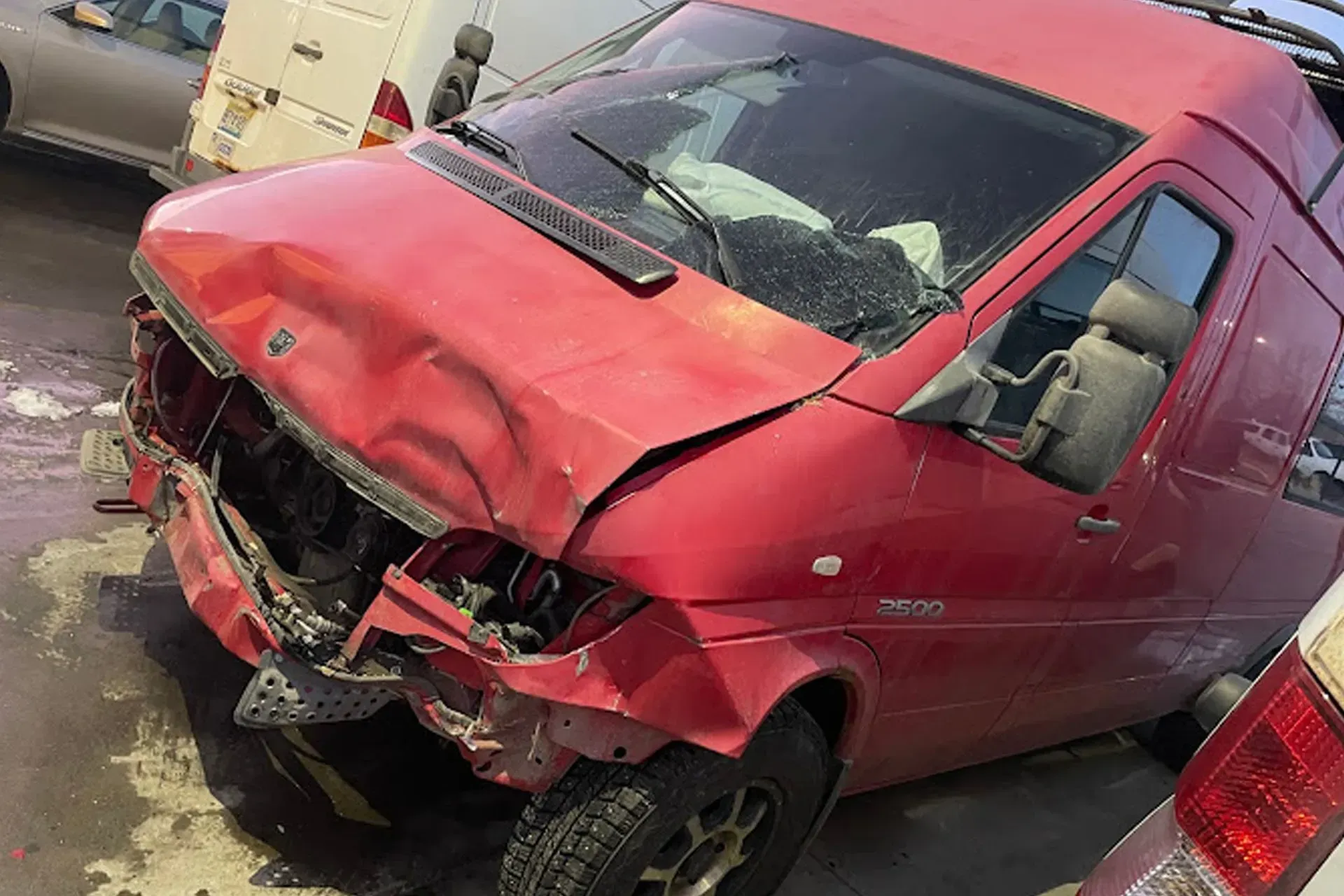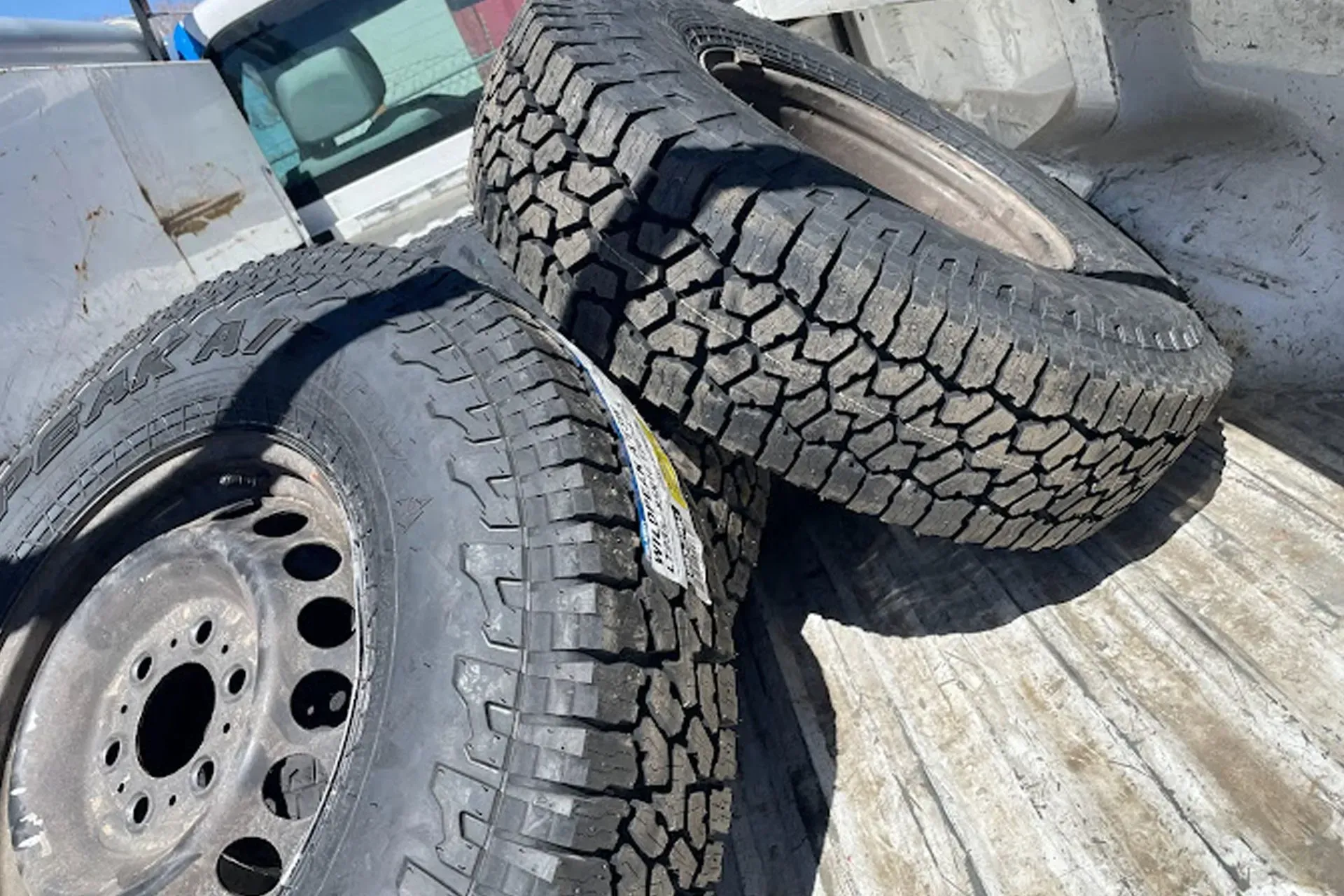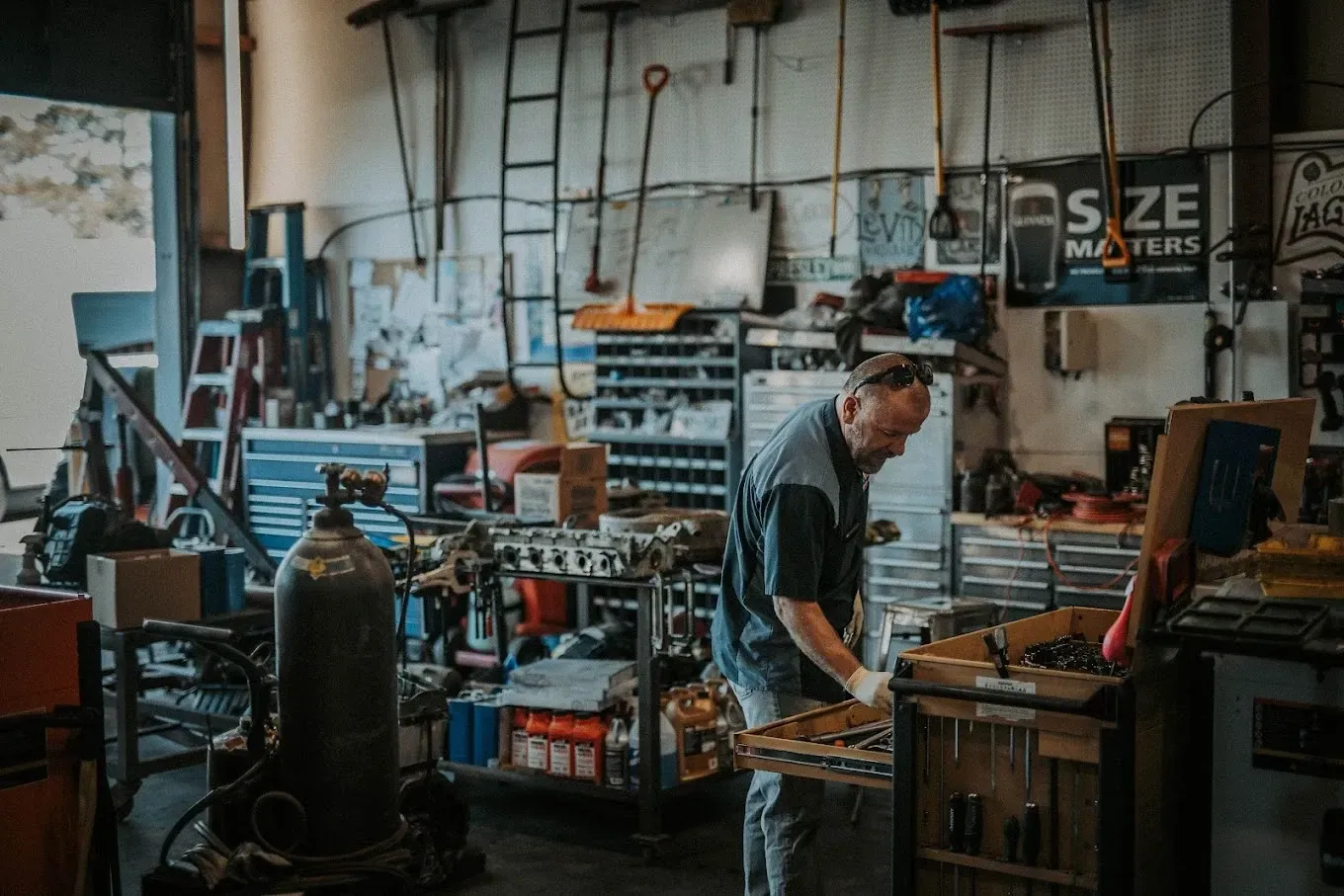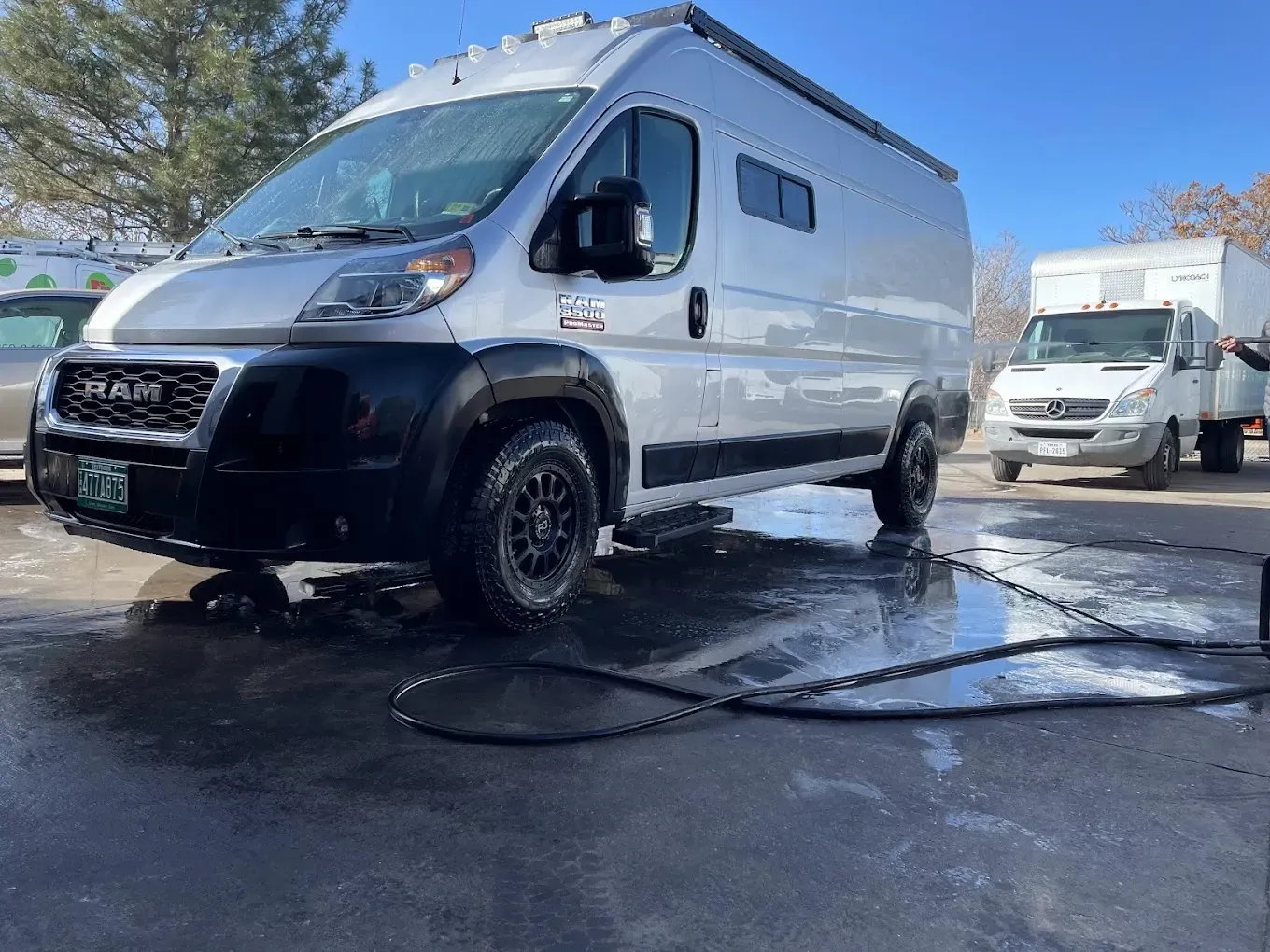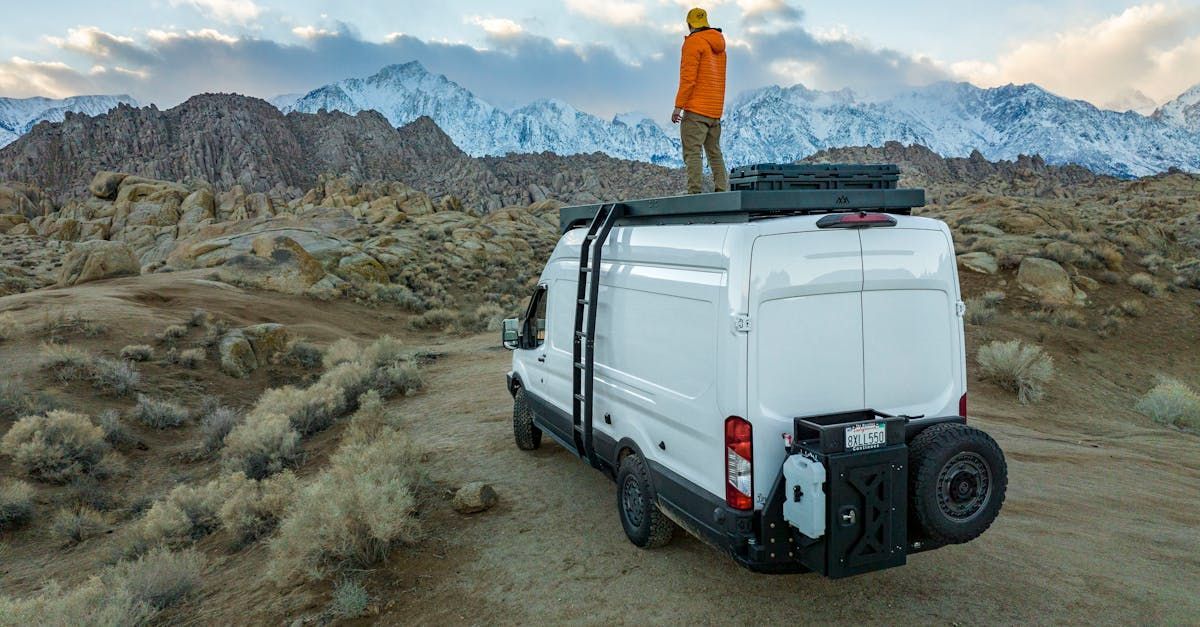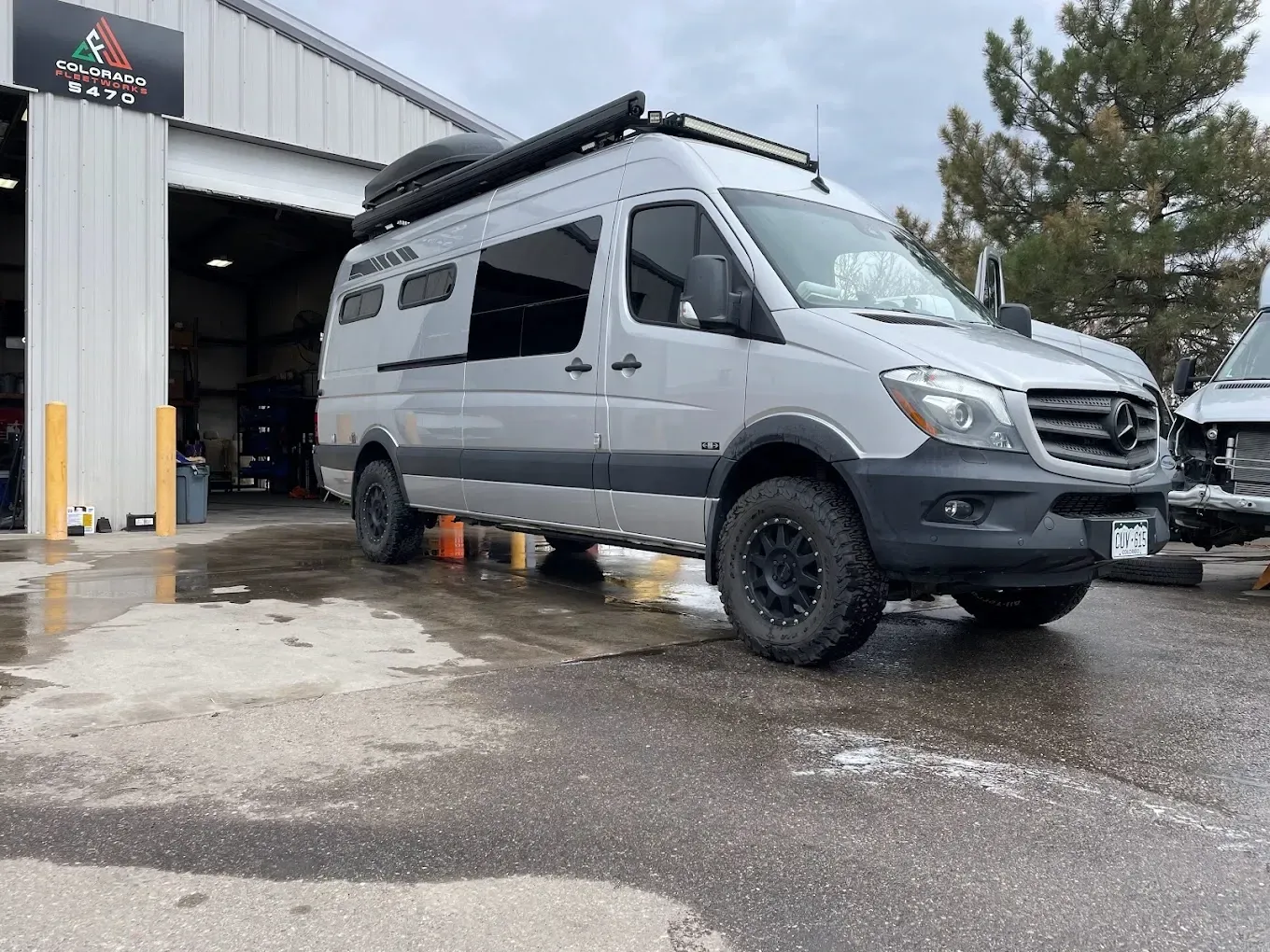Diesel vs. Gas Vans: Which Is Better for Your Business?
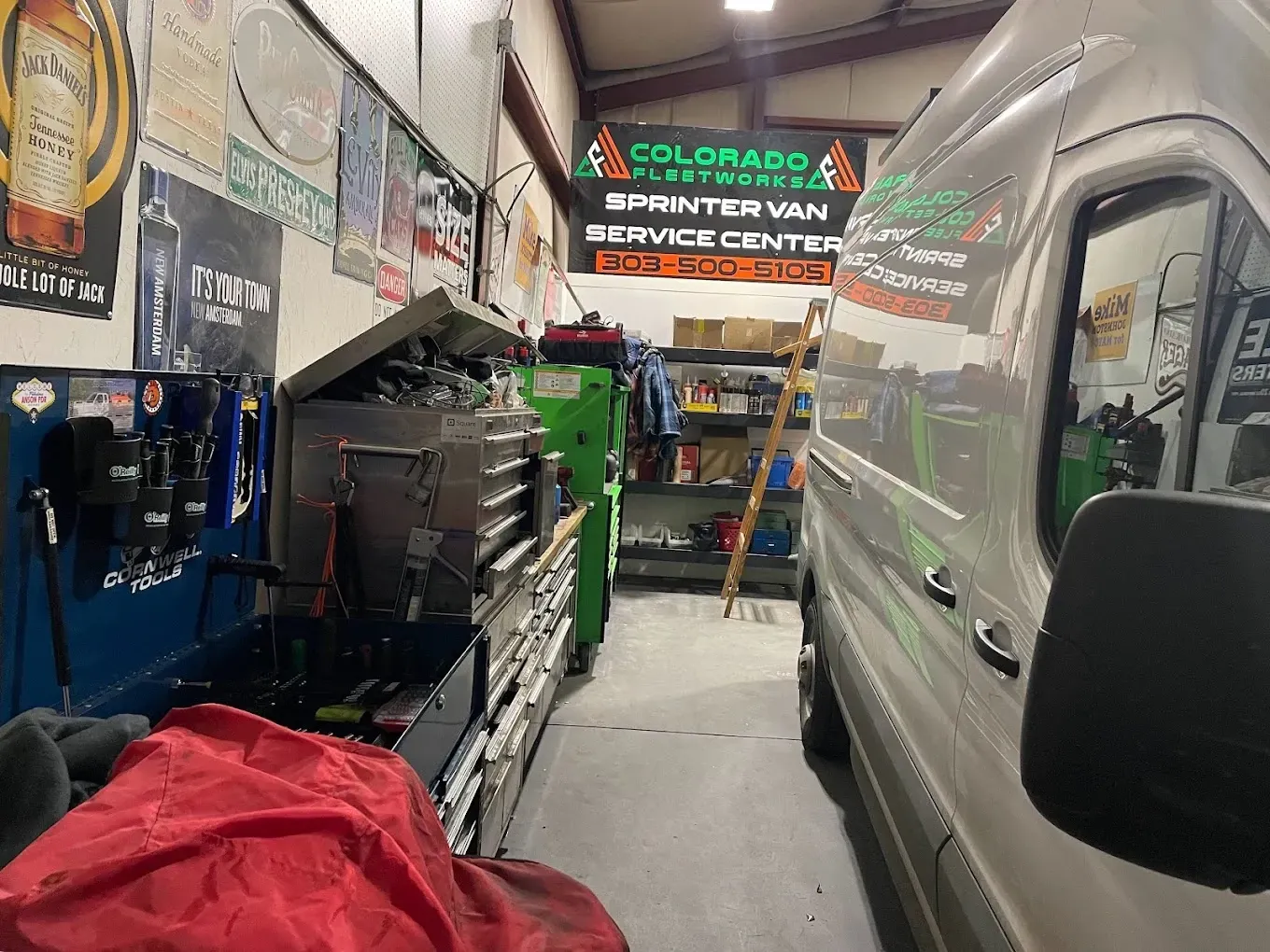
If you're trying to decide between a diesel or gasoline van for your business, you're not alone. It’s one of the most common questions we get at Colorado Fleetworks. Both diesel and gas vans have their pros and cons, and what’s best for you depends on how you plan to use your vehicle. After years of working on both types, we’ve learned what works and what doesn’t. Here’s a breakdown to help you make the right choice.
1. Fuel Efficiency
Diesel Vans:
Diesel engines are known for their fuel efficiency, especially if you’re doing a lot of highway driving or carrying heavy loads. Diesel fuel has more energy per gallon than gasoline, which means you get better mileage. If your van spends most of its time on long trips, diesel might save you money on fuel in the long run.
Gas Vans:
Gasoline engines burn through fuel a bit faster, especially when you’re dealing with city driving or stop-and-go traffic. However, gas is typically cheaper than diesel, so depending on how much driving you’re doing, the cost difference might not be huge.
The Bottom Line: If your business involves a lot of highway miles or heavy cargo, diesel’s fuel efficiency makes a big difference. For lighter loads or city driving, gas will do just fine and might save you a bit at the pump.
2. Maintenance and Durability
Diesel Vans:
Diesel engines are built tough and can handle high mileage and heavy loads better than gas engines. They tend to last longer, but when repairs are needed, they can be expensive. Parts like turbochargers and fuel injectors aren’t cheap, and diesel engines require specialized maintenance.
Gas Vans:
Gas engines are generally easier and cheaper to maintain. Repairs are typically less expensive, and there are more mechanics who can work on them. However, gas engines don’t have the same lifespan as diesels. They might need more frequent repairs as they age, especially if they’re put through heavy use.
The Bottom Line: Diesel engines last longer and are better for businesses that put a lot of wear and tear on their vehicles. Gas engines are cheaper to maintain but may not go the distance if you’re relying on them for heavy-duty work.
3. Power and Towing Capacity
Diesel Vans:
Diesel engines produce more torque, which means they can handle towing and heavy loads better than gas engines. If your van is frequently used to haul equipment or tow trailers, a diesel engine will give you the extra power you need without putting too much strain on the engine.
Gas Vans:
While gas engines have less torque than diesels, they’re still more than capable for lighter loads and regular use. If you’re not towing or carrying extremely heavy cargo, a gas engine will meet your needs just fine.
The Bottom Line: If towing capacity and power are critical to your business, go with a diesel. For lighter use, a gas van will get the job done without the extra cost of a diesel engine.
4. Upfront Costs
Diesel Vans:
Diesel vans tend to cost more upfront. The engines are more expensive to produce, which means you’ll be paying a premium when you buy a diesel vehicle. However, the long-term savings from better fuel efficiency and longer lifespan can balance out that initial investment.
Gas Vans:
Gasoline vans are usually more affordable to buy. The upfront cost is lower, and for businesses on a budget, that can make a big difference. However, keep in mind that they may not last as long as a diesel engine, so you’ll need to consider the potential for higher long-term costs.
The Bottom Line: If your budget allows and you’re looking at long-term savings, diesel might be the better investment. If you’re focused on lower upfront costs, a gas van will save you money from the start.
Which is best?
When it comes to choosing between a diesel or gas van, it really boils down to how you plan to use your vehicle. Diesel vans offer better fuel efficiency, power, and longevity, making them a great choice for businesses that need to tow or drive long distances regularly. However, they come with a higher upfront cost and more expensive maintenance.
On the other hand, gas vans are cheaper to buy and maintain, making them ideal for businesses with lighter needs or a more budget-conscious approach.
At Colorado Fleetworks, we’ve got the expertise to help you keep your diesel or gas van running smoothly. Contact us to discuss any repair or maintenance your van needs.
